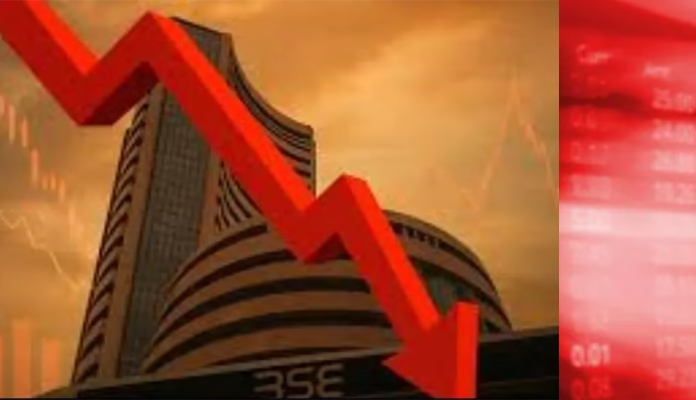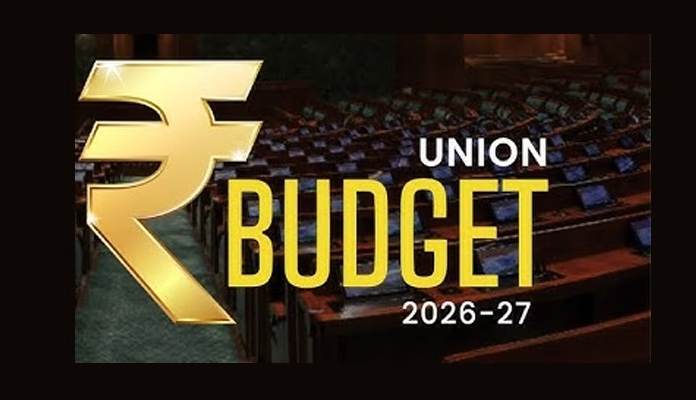
New Delhi: After nearly 88 hours of intense cross-border hostilities, India and Pakistan agreed on Saturday to cease all military actions against each other, marking a significant de-escalation in one of the most dangerous flare-ups between the two nuclear-armed neighbours in recent decades.
The ceasefire was first publicly announced by US President Donald Trump on the evening of May 10, with Washington playing a key role in mediating the truce. According to diplomatic sources, the agreement was brokered by the Trump administration, signaling a rare third-party intervention in the traditionally bilateral conflict.
Despite the ceasefire, tensions remained high late Saturday evening, with India accusing Pakistan of multiple violations. In response, the Indian government issued a stern warning, reiterating its readiness to retaliate if provoked further.
The four-day conflict had raised fears of a potential full-scale war, with heavy artillery exchanges and casualties reported along the western border. The situation prompted urgent calls from the international community for de-escalation.
However, the US-brokered ceasefire has sparked political debate within India. AIMIM leader and Hyderabad MP Asaduddin Owaisi strongly criticized the government for accepting third-party mediation.
- “I wish our Prime Minister Narendra Modi had announced the ceasefire rather than the President of a foreign country,” Owaisi said in a statement. “We have always opposed third-party intervention since the Simla Agreement of 1972. Why have we deviated now?”
- Owaisi further questioned the rationale behind holding talks on neutral territory and raised concerns over the lack of clarity in the US role. “Does the United States guarantee that Pakistan will not use its territory for terrorism?” he asked.
- He also demanded answers on whether the objective of India’s military response—to deter future terror attacks—had been met. “Was our goal to secure a Trump-brokered ceasefire or to ensure Pakistan never dares such an attack again?” he asked.
- Owaisi urged the Indian government to maintain international pressure on Pakistan by pushing for its continued inclusion in the Financial Action Task Force (FATF) grey list.
The government has not yet officially responded to Owaisi’s remarks, but sources indicate that high-level consultations are underway to chart the course for upcoming talks, expected to be held under international observation.
Meanwhile, both nations remain on high alert, and the fragile ceasefire will be closely watched in the coming days.




